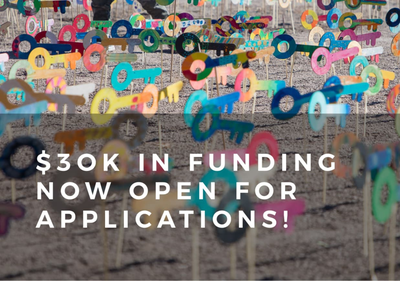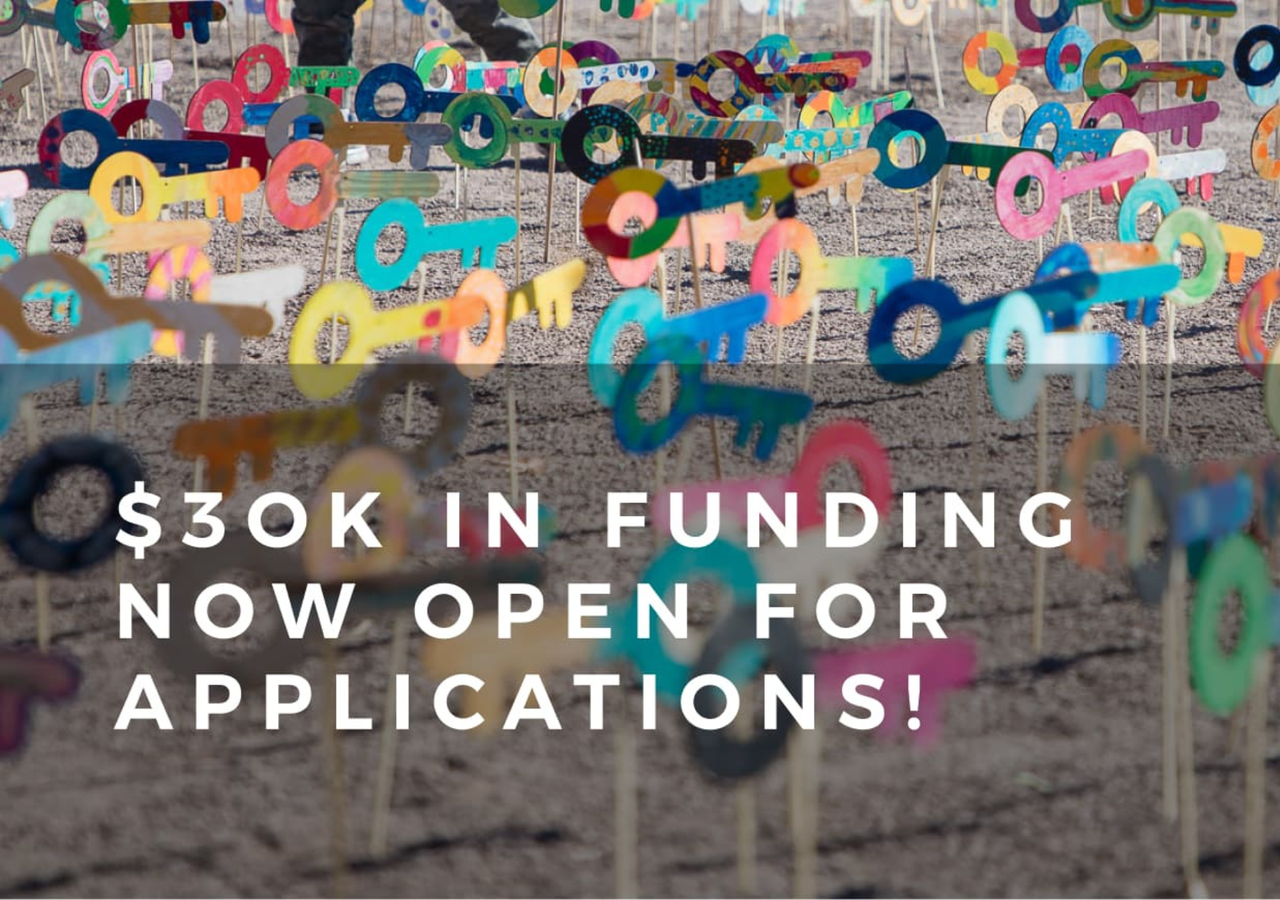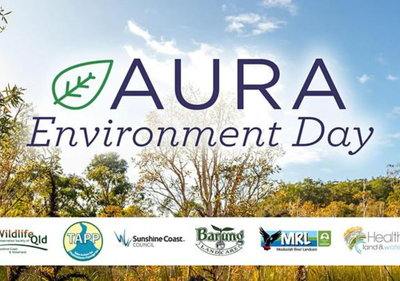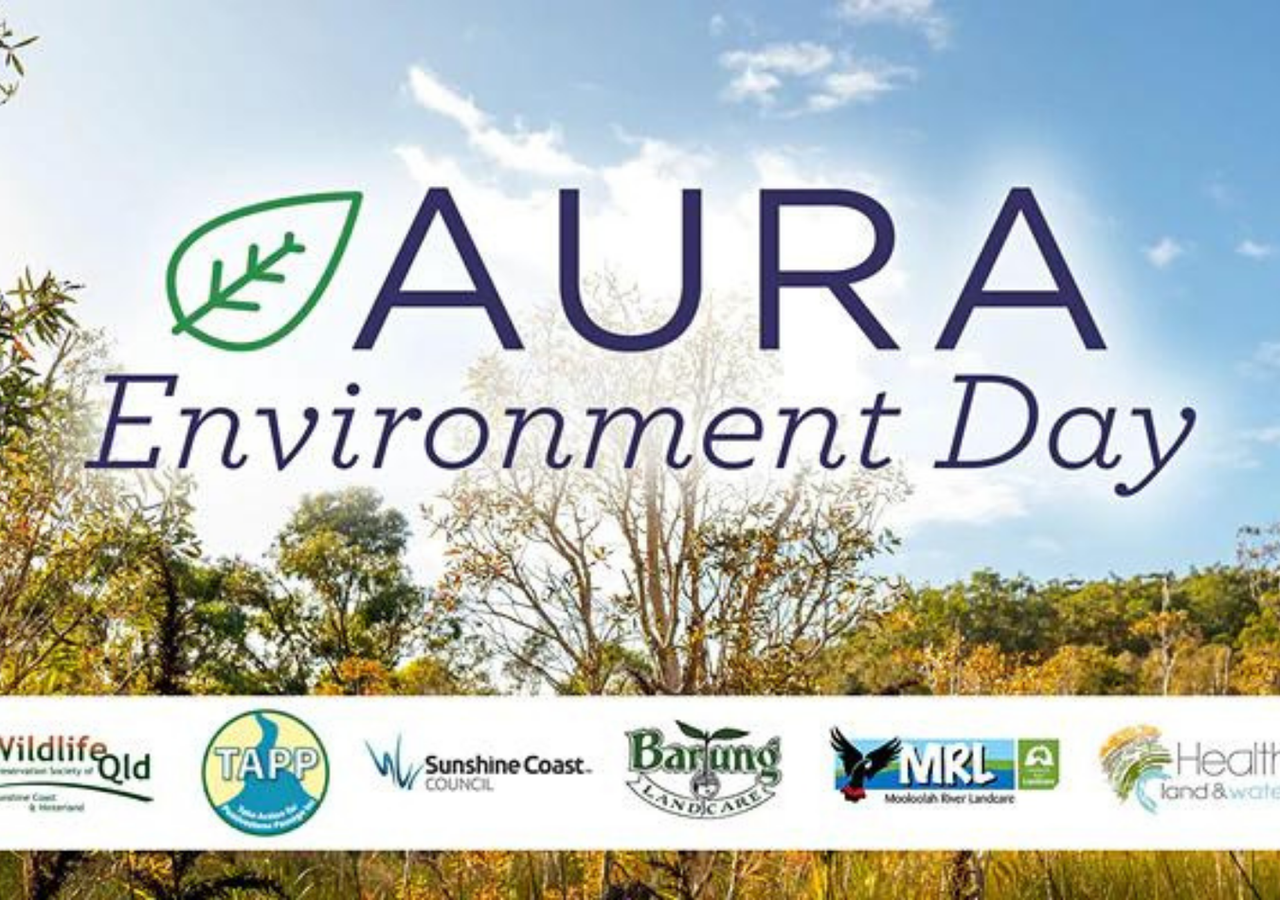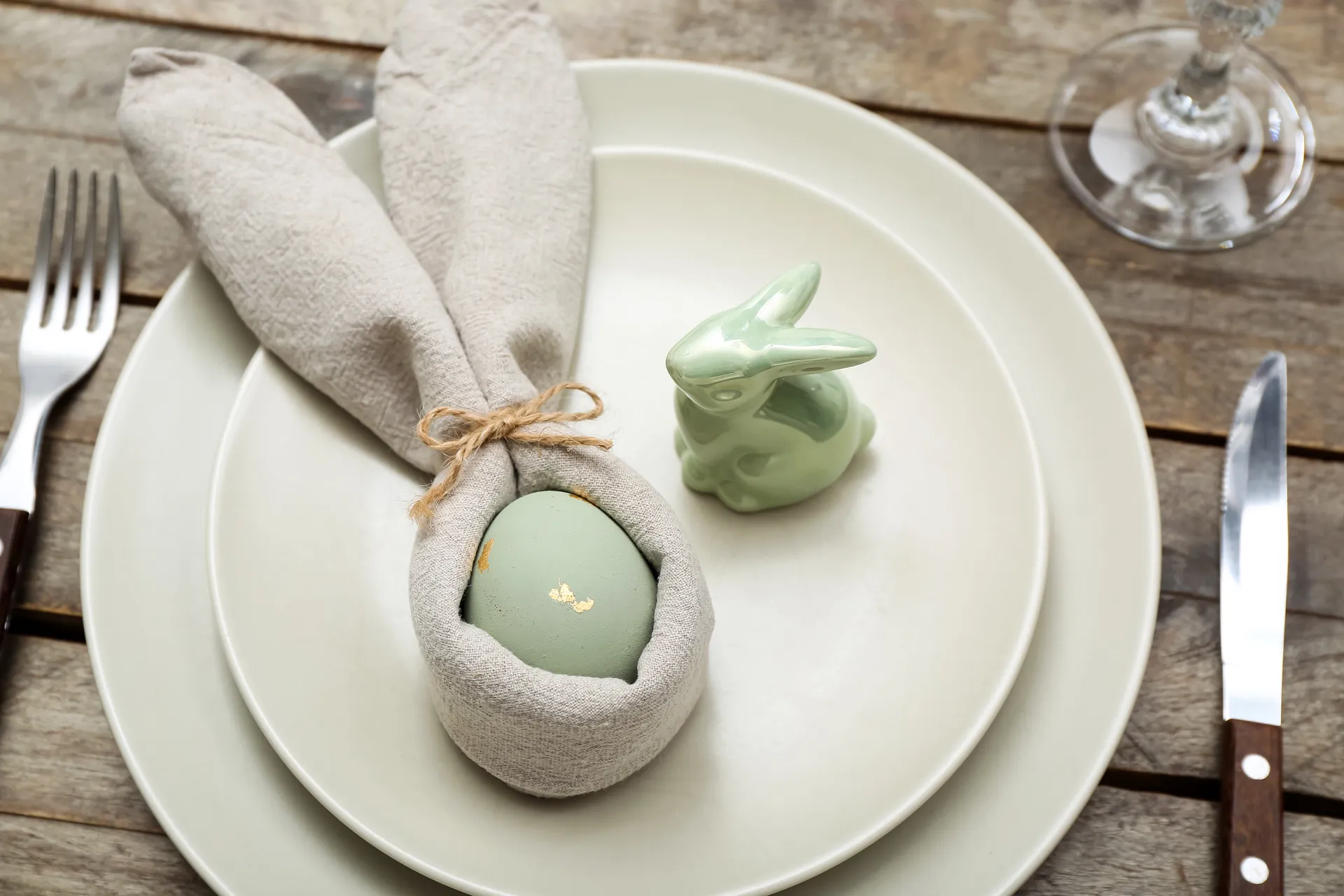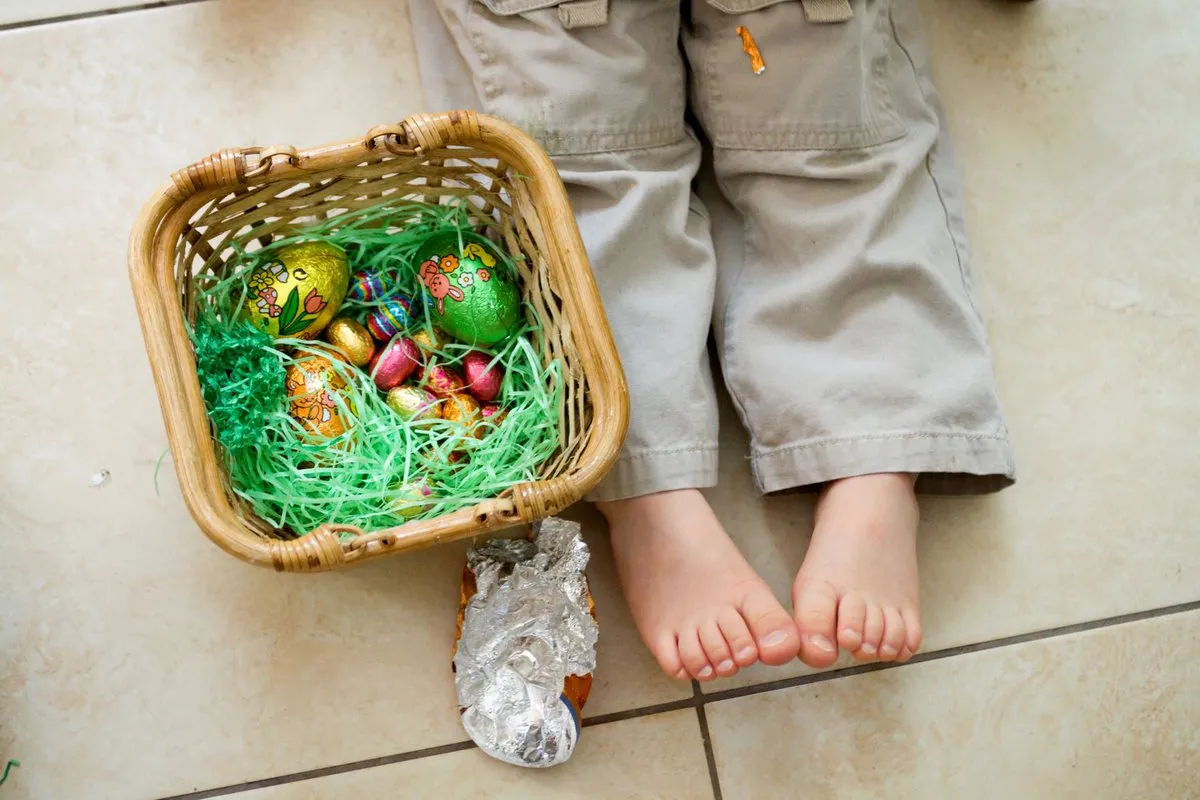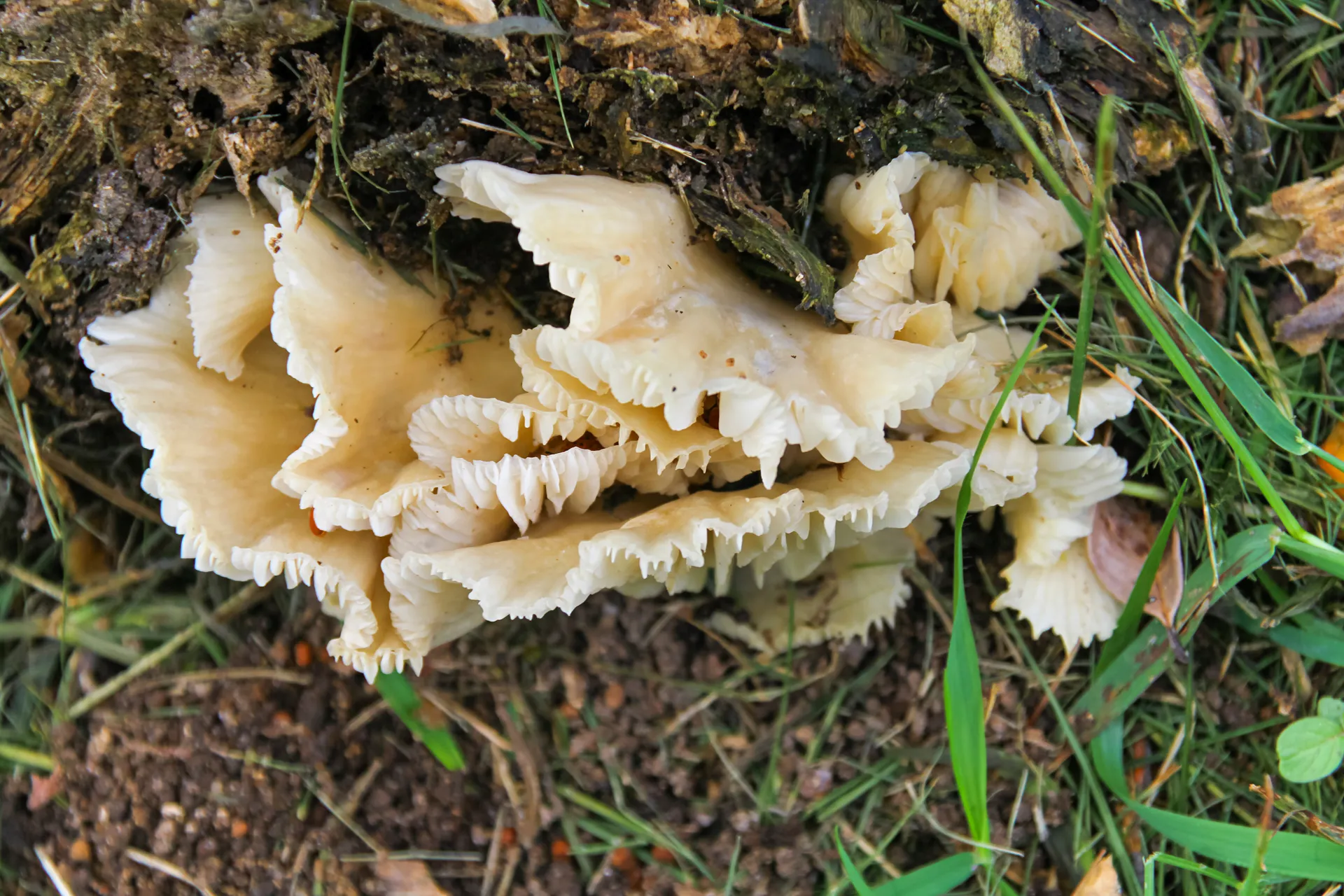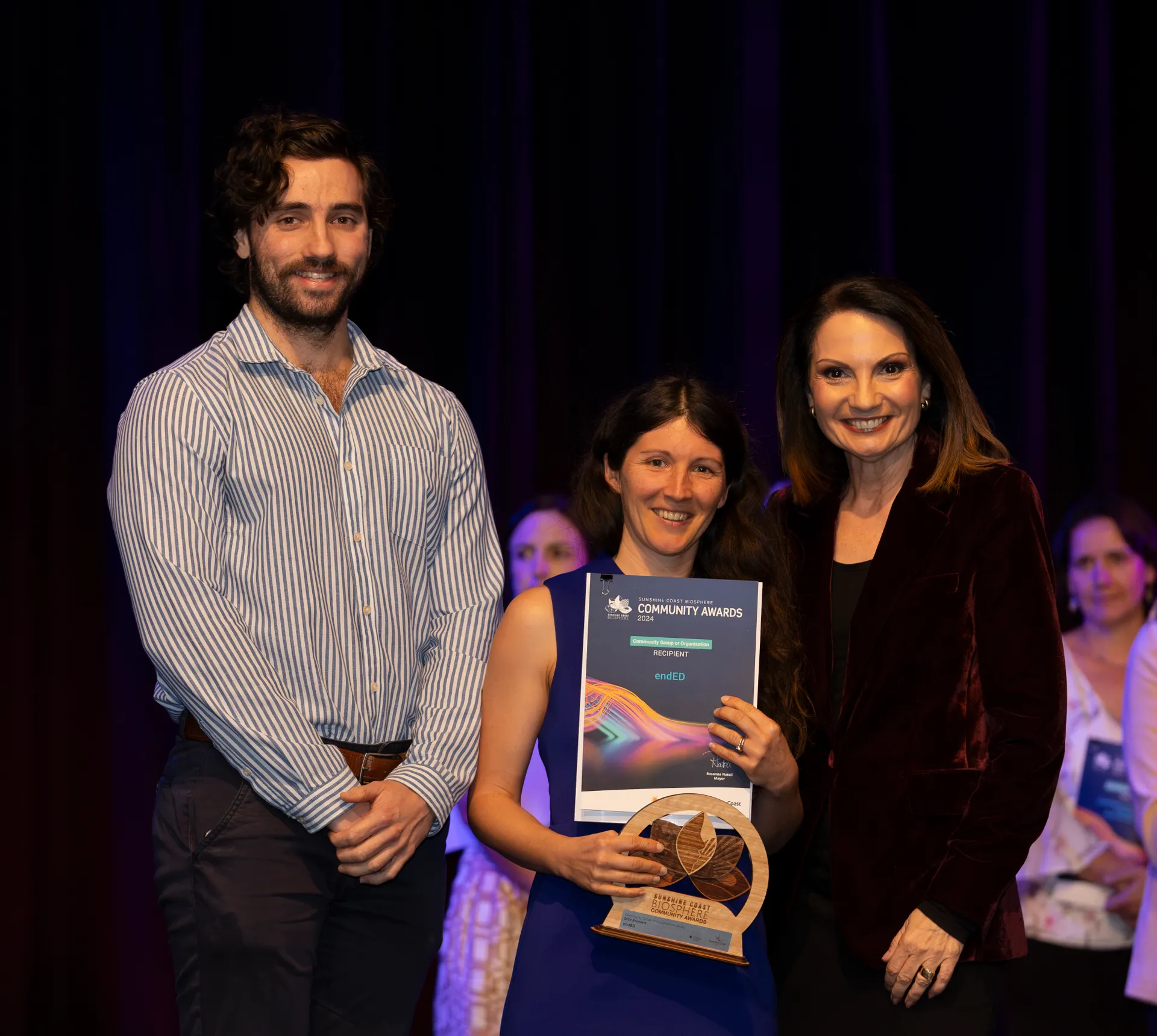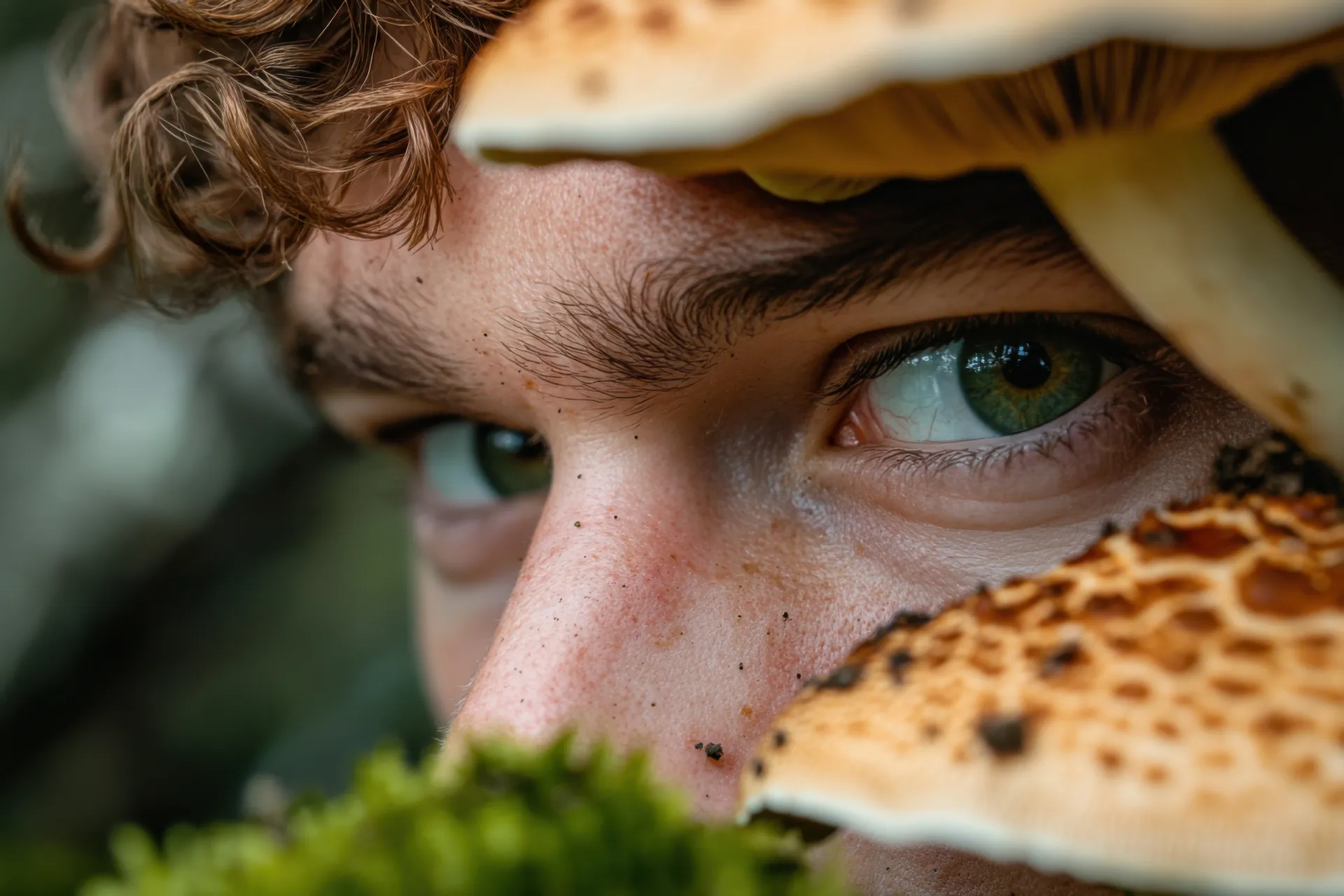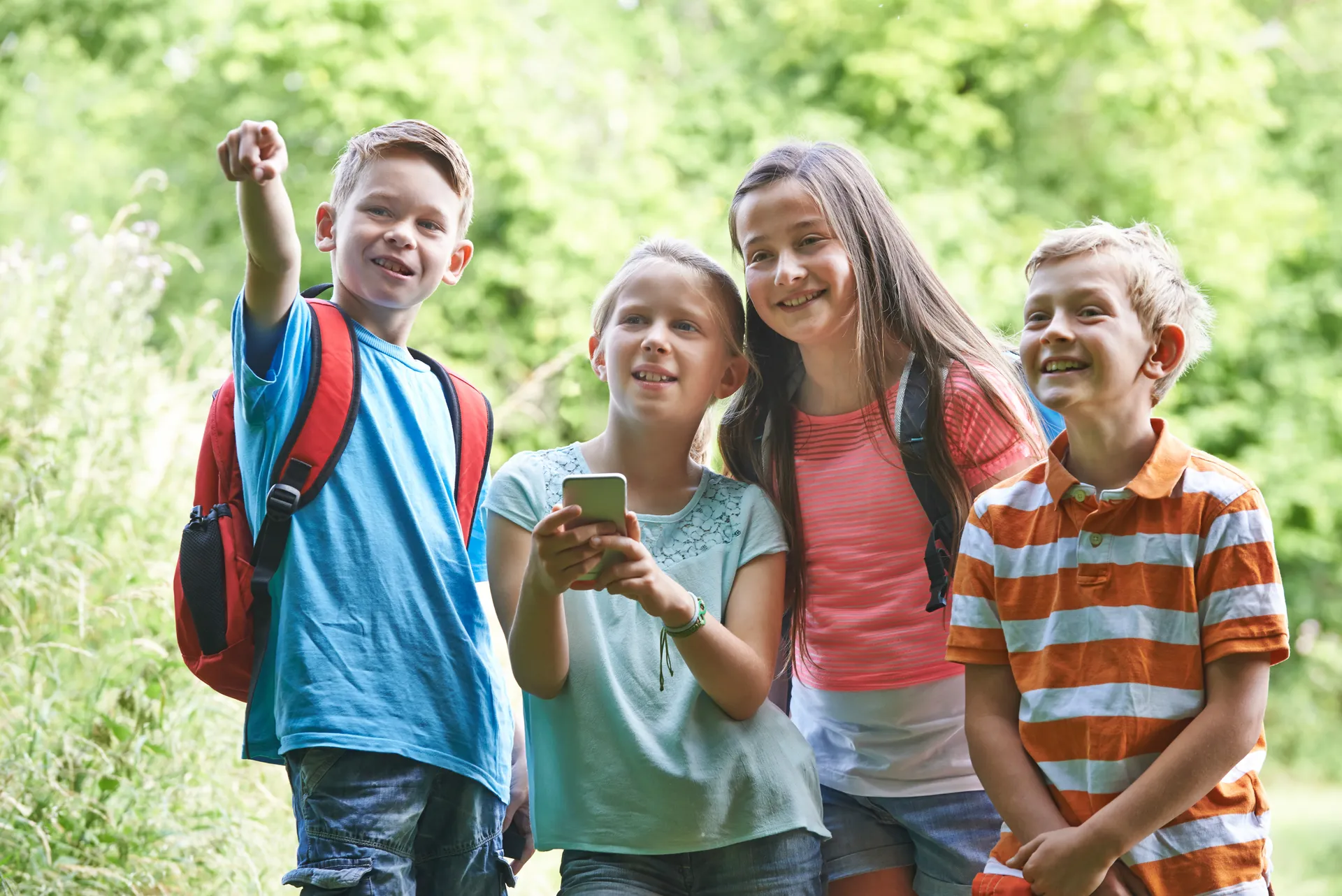Meet our eco-pioneers who have been leading the way with sustainability before it was 'cool'
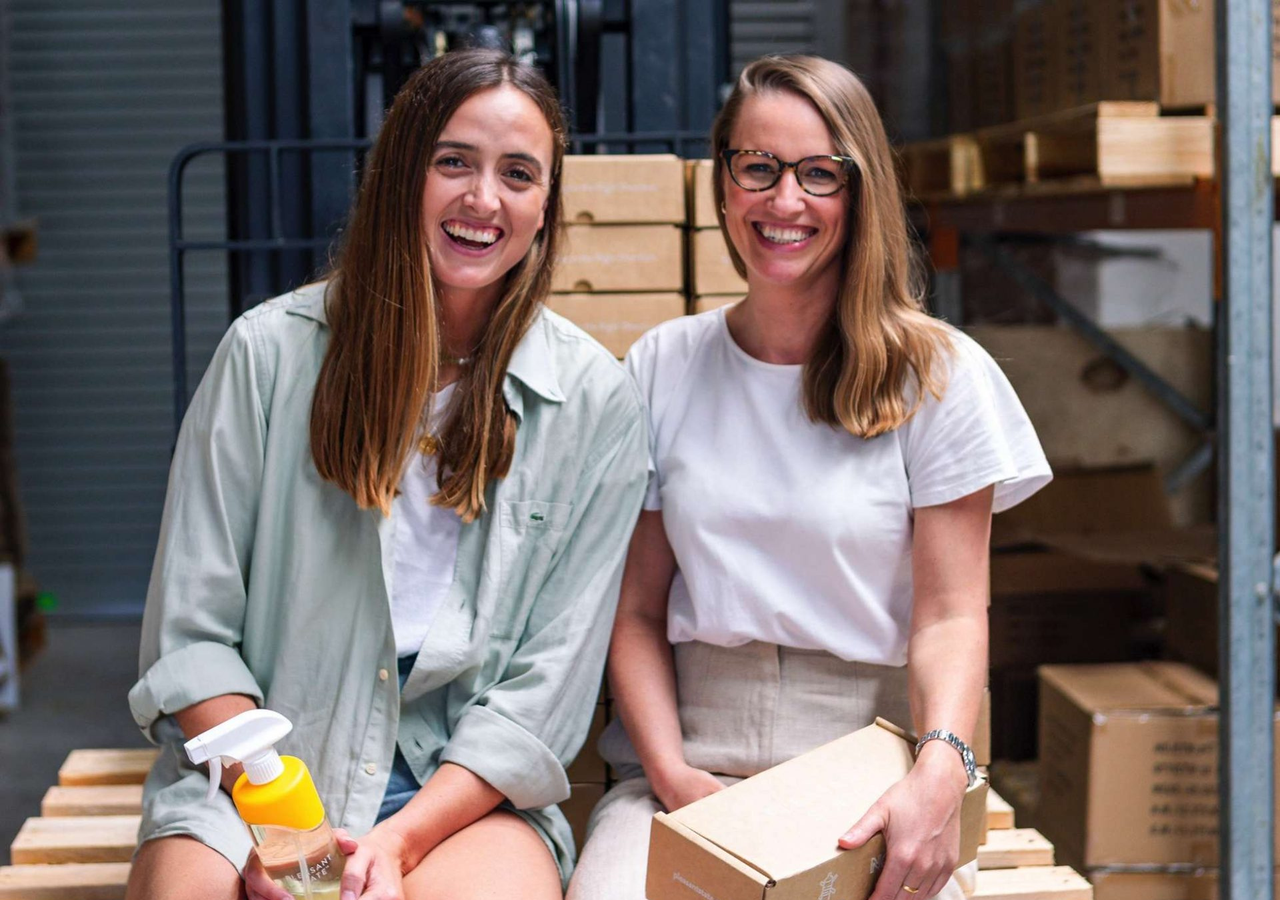
As the effects of climate change hit home, more people are making thoughtful decisions about the products they purchase – and they’re buying local.
Sustainable Sunshine Coast businesses are reaping the rewards of establishing themselves as forces for good, long before it was ‘cool’ to do so.
Many of the business’ founders were driven by personal challenges that forced them to seek an alternative, while others felt compelled to act, to make a difference.
Meet the region’s eco pioneers.
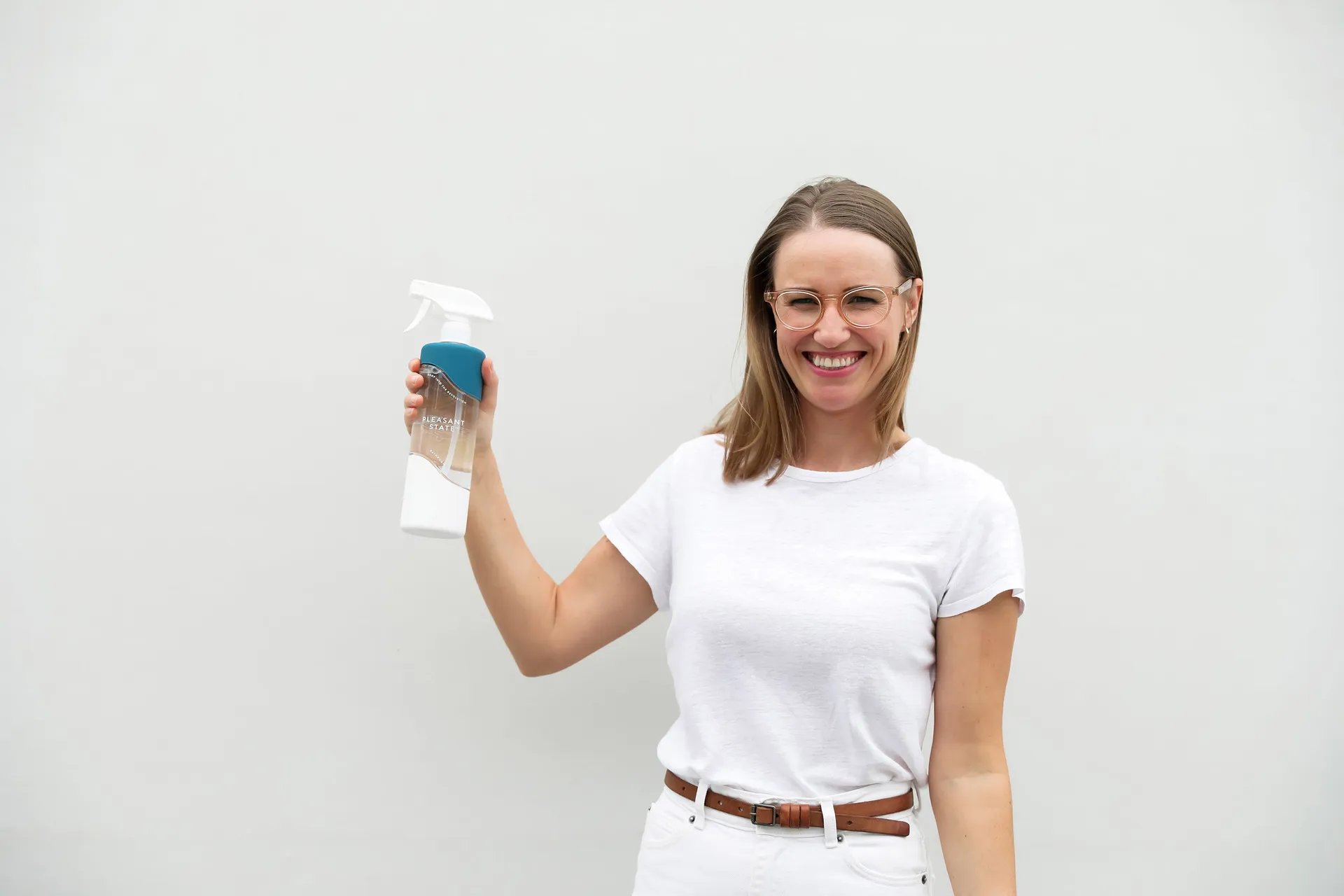
Pleasant State
Maroochydore resident Ami Bateman suffered from debilitating headaches for two years before deciding to eradicate toxins from her home.
She was able to do away with plastics and harmful chemicals in every area except one – cleaning products.
Ami realised that even products marketed as ‘organic’ and ‘natural’ were still full of allergens.
Not only that, but 97 per cent of cleaning products were made of water.
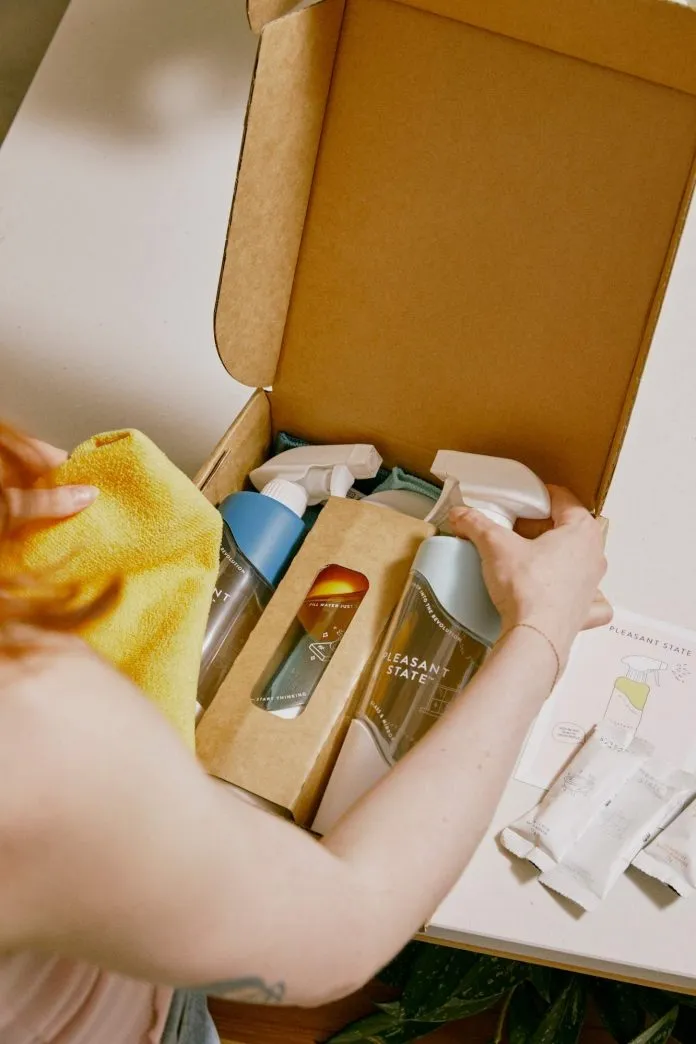
“It didn’t make sense to transport so much water and put it into plastic bottles that we throw away, contributing to the plastic epidemic,” Ami said.
“Solutions from overseas didn’t meet my requirements of no nasties and importing defeats the whole purpose of reducing greenhouse gas emissions.
“I wanted something to exist, so I had to make it.”
When Ami teamed up with Sian Murray, who she met through a mutual friend, the dynamic duo was able to create what many thought was impossible – Australia’s first B Corp-certified cleaning brand.
They launched Pleasant State in March, 2021 after 1500 backers pledged more than $87,000 as part of a crowdfunding campaign.
They established a warehouse in Coolum Beach, designed attractive and functional glass and silicon bottles and employed a chemist to create three cleaning bars: Stay Glassy, Tub Scrub and Homebody Multi-Purpose.
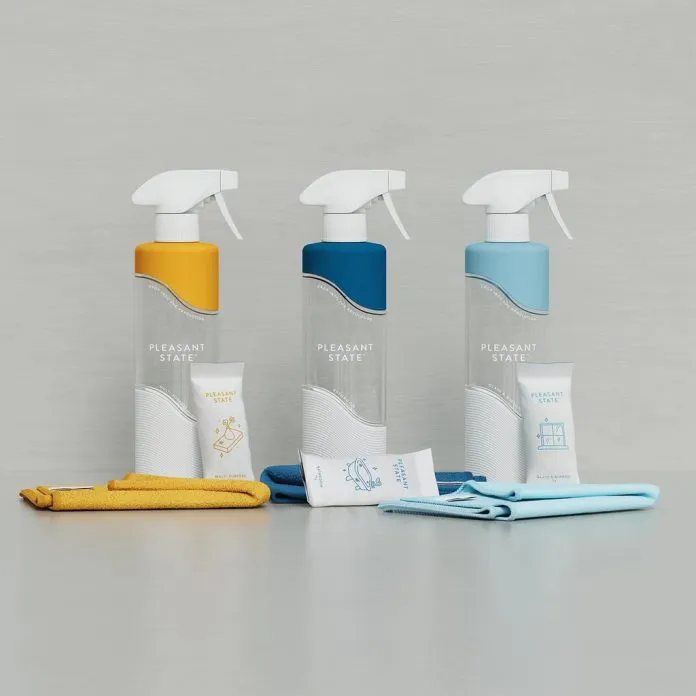
Pleasant State has become a sustainable beacon, building a community of more than 25,000 people, saving 50,725 plastic bottles from landfill, providing 25,363l of toxin-free cleaning products and raising $10,053 for charity partners.
The impressive start-up is kicking goals in the business world, winning the Sunshine Coast Business Awards small retailer and SheEO Venture awards in 2021.
The Homebody Multi-Purpose products took out the 2021 Clean & Conscious Silver award and Pleasant State’s other two signature products were finalists.
Ami won the 2021 Sunshine Coast Business Women’s Network Sustainable Business Woman of the Year and Sian was the 2021 HP Young Impact Generator runner-up.
This year, Pleasant State has already been a finalist in the Inside Retailer Awards CX of the Year, Channel 7 Queensland Young Achiever and the Banksia Foundation Ignite Award.
Ami and Sian set annual impact goals that build on their year-on-year success and will be launching new products including dishwashing liquid and liquid hand soaps this year.
“We have global ambitions for Pleasant State, because we are addressing a global problem, so we will be expanding with new products as well as our reach to help improve people’s homes,” Ami said.
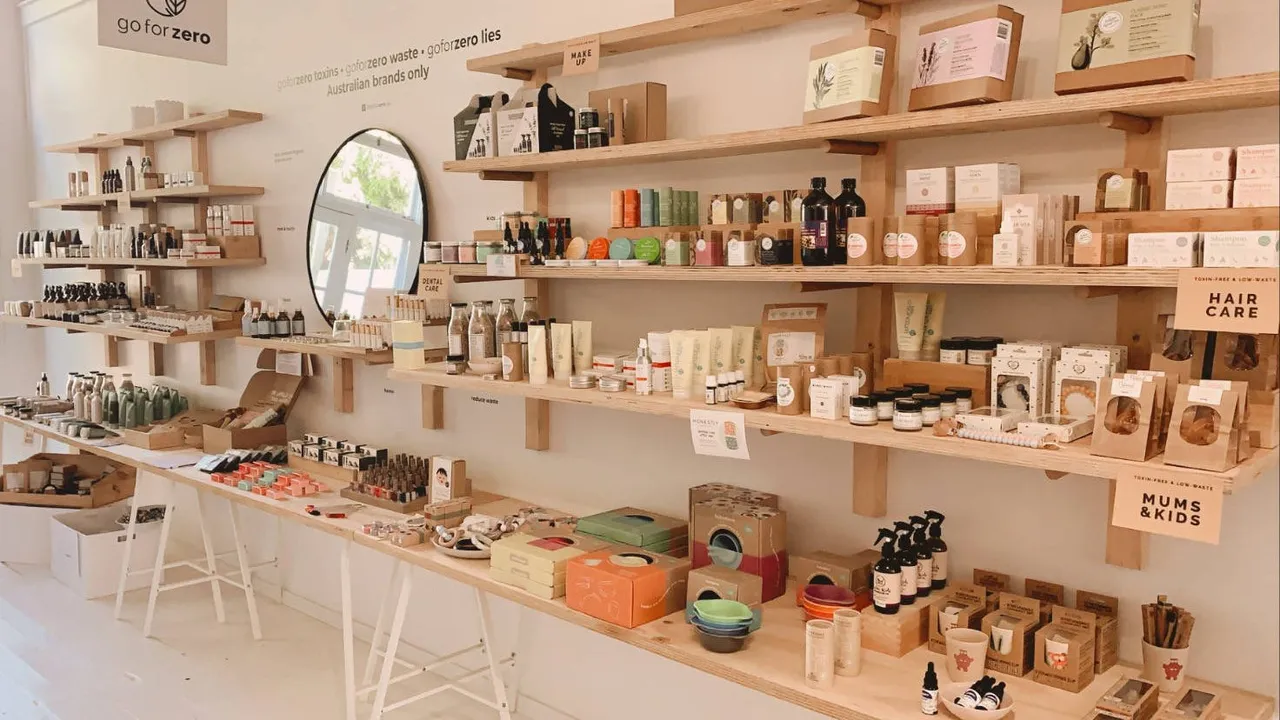
Go For Zero
Bokarina resident Ellie Degraeve had visions of a beautiful cocoon of love with her newborn Gracie but when the former psychologist and business coach was met with endless crying and a baby with never-ending body rashes, her bubble quickly burst.
Scrambling to figure out the root cause of Gracie’s discomfort, Ellie found it lay in the products they were using.
“I grew up in room number 15 at the Prince Albert Hotel in Belgium and my parents were focused on always doing the right thing for our customers, so I assumed as a customer that all businesses were doing the right thing,” she said.
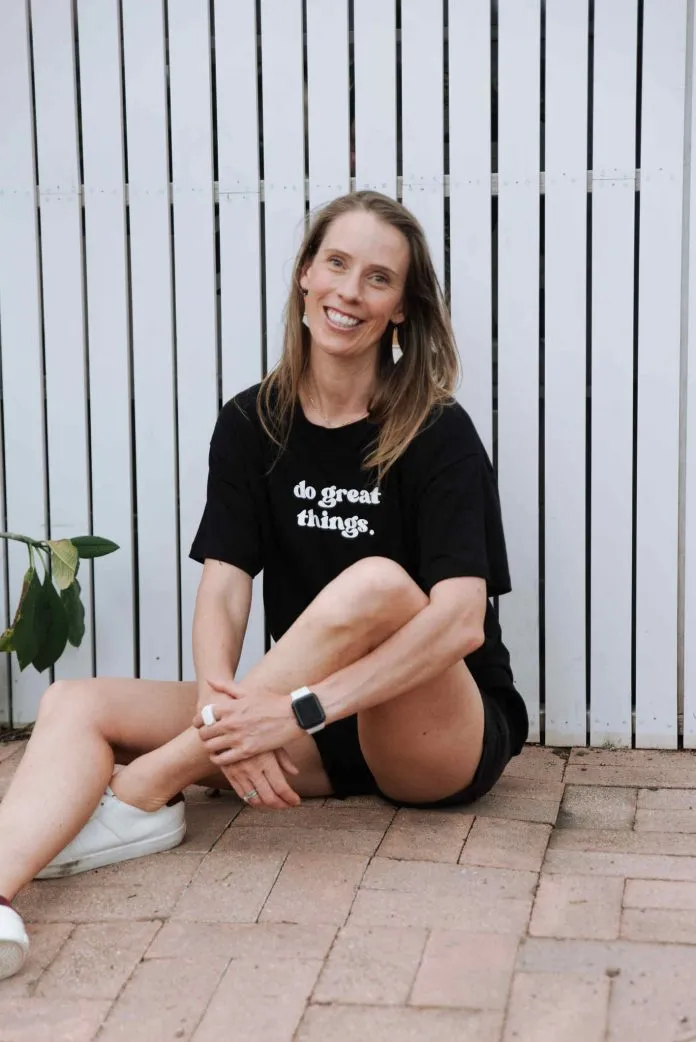
“But what I found when I became a mad researcher stopped me in my tracks.
“I started to dig deeper and found personal care has a severe lack of regulations.
“I was shocked by the ingredients, the manufacturing processes and the lengths businesses are willing to go to greenwash.”
Greenwashing is where companies claim to be environmentally friendly but do not meet the requirements to make those statements.
That lit a fire in her belly to create a company that “chose right over easy”.
In a few short years, Go For Zero has grown from a sole trader set up in a spare bedroom with pop-up shops to a 300sqm warehouse in Kunda Park with eight staff, a range of 1200 toxin-free and eco-friendly products and a growing online presence.
“When suppliers want to come on board, man, they don’t know what a rigorous process they are getting into,” Ellie said.
“I believe every business should be a force for good and when I work with suppliers, I want them to have everything researched and sustainable.
“I have looked at all of our products, held them, tested them, questioned (the suppliers), spoken with the founders until I know I can sell it and feel good about it.
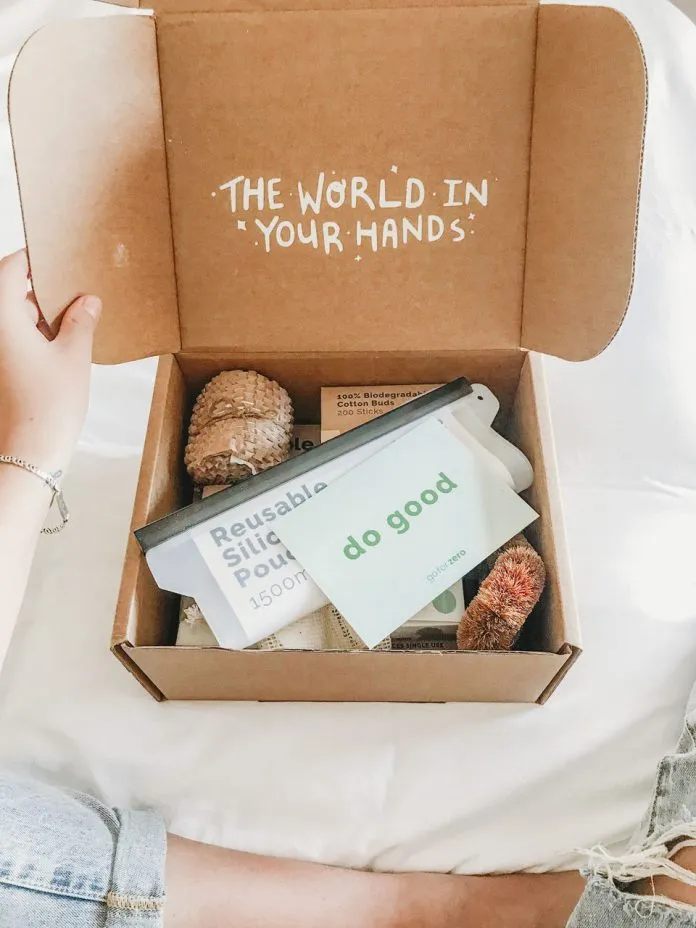
“We also focus on education for our customers so they are informed because when we know better, we do better.”
Since 2020, Go For Zero has cleaned up more than 10,000kg of plastic from our oceans and fed more than 14,000 Aussies in need as part of its drive to have a social as well as environmental impact.
Ellie said demand was coming from consumers but change across all industries would be possible if governments stepped up to the plate to set regulations.
“Think about cigarettes,” she said.
“Nobody would have thought you could reduce usage so dramatically.
“But by removing their ability to advertise on TV and on their packets, there is less demand for it and people are more educated.
“Governments could have a positive influence if they made it a priority.”
Go For Zero’s stringent sustainability ethos has seen Ellie named a finalist in the Sunshine Coast Business Women’s Network Sustainable and Young categories in 2019 and the Micro/Small category in 2021.
Go For Zero was also named the 2022 Queensland winner for Sustainability at the Telstra Best of Business Awards, and was a finalist in Power Retail’s emerging online stores as well as Top Sustainable store in Australia.
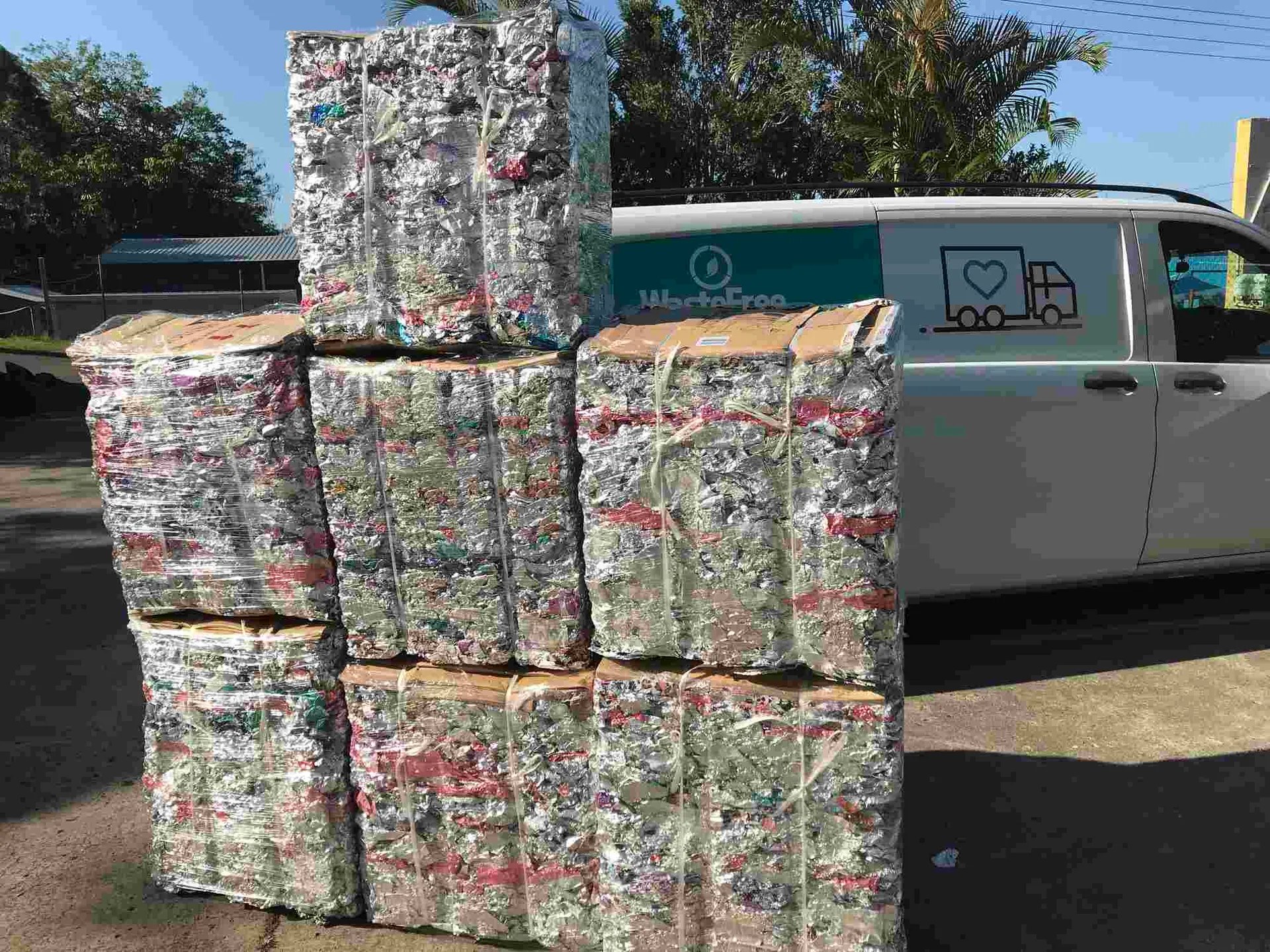
Waste Free Systems
Separating waste, diverting chemicals from being washed down the sink and reusing foils to divert them from landfill are practices Bernie Craven has followed in his hair salons for more than four decades.
His early adoption of sustainable business practices stemmed from his father, who would take Bernie around the streets of Melbourne, rescuing items from the kerbside collection twice a year to refurbish and give a new lease of life.
“I was a rare breed. I guess it was in my DNA from a young age,” Bernie said.
Now a Sunshine Coast resident, Bernie and his wife Leanne launched Waste Free Systems five-and-a-half years ago in a bid to get more salons thinking about their waste habits.
The circular system saves up to 90 per cent of salon waste from landfill by providing a bin system that allows salons to separate hair, metals, plastics, chemicals, electronic waste, paper and cardboard in-house, which Waste Free Systems collects and reuses or recycles through specific processes.
Bernie said when the world witnessed the effects of reduced human activity during COVID-19, he saw a boom in salons signing up, and Waste Free Systems has 80 salons from the Gold to Sunshine Coasts on board.
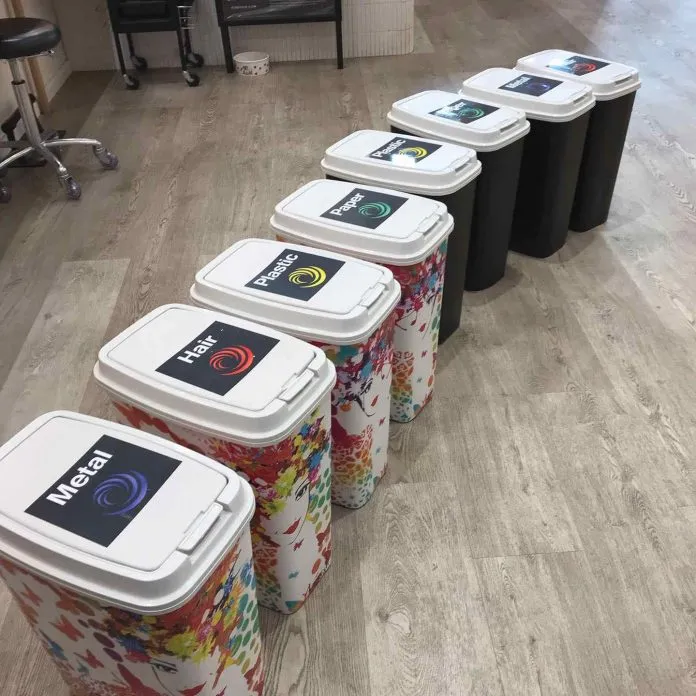
“You could really see how quickly the environment recovered when humans weren’t around,” he said.
“The smog cleared in some cities, animals came back and the environment seemed to take a breather.
“It helped us to break through that wall of resistance because people actively wanted to make a change.
“I’m relatively hard-nosed about this – I think if you create waste, you should have to deal with it, not just leave it up to the councils.”
Bernie partnered with internationally acclaimed Buderim-based artist Kendall Perkins to create eye-catching designs for the bins, making them a talking point rather than an eyesore.
By providing training and marketing tools to their salons, Waste Free Systems has created a community that embraces sustainability on all levels of business.
There will soon be an app that digitally weighs waste collected from a salon and converts it into metrics that show the benefits to the environment of diverting it from landfill.
“It’s all about making it tangible,” Bernie said.
“Clients know they are doing some good and are saving the environment.”
Education is core for Waste Free Systems and its YouTube channel of the same name as well as the new #TrashTalk video series aimed at spreading more awareness.
Waste Free Systems has been making a splash in the business realm, winning the Sunshine Coast Business Awards Cleantech – small category in both 2019 and 2021 and making it to the third stage of the Telstra Business Innovation Awards in the small business category.
It will expand into Melbourne later this year with plans to continue to grow.
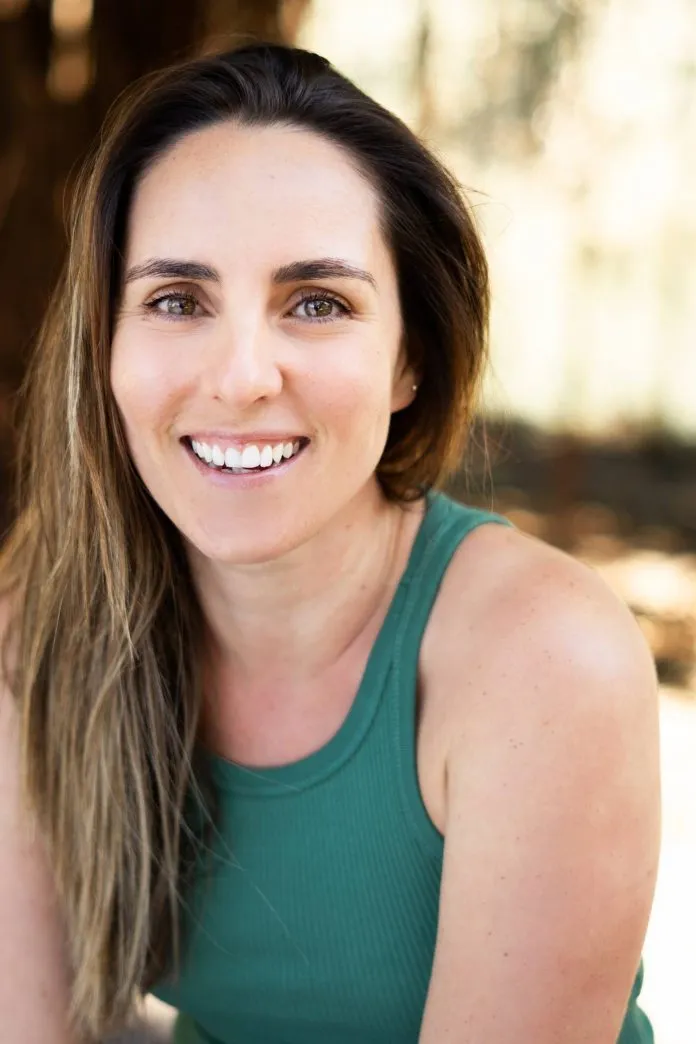
OceanZen
Regularly surfing, scuba diving and completing a degree in marine science and marine conservation meant Steph Gabriel was more in tune than most with what is happening in our oceans.
In 2014, Steph returned from the Galapagos Islands with a strong resolve to reduce the dire impacts humans were having on our marine life by launching a sustainable swimwear brand, OceanZen.
Everything fell into place when she discovered econyl, a material that is made from recycled plastic bottles and fishing nets retrieved from the ocean.
“We were one of the first in Australia to produce a sustainable swimwear line,” she said.
“There are now plenty of options not only in swimwear but also in activewear, clothing, shoes, hats – you can find a sustainable alternative to just about anything.”
Steph said demand for products that are ethically made continues to grow as people become more conscious of the impacts of fast fashion.

OceanZen won Sunshine Coast Fashion Week’s Ethical and Sustainability Award in 2016 and 2017, Swim Designer of the Year in 2018 and Steph was a finalist in the Young Entrepreneur of the Year award in 2018.
Steph expanded the business into OceanZen Travel, offering annual marine-themed retreats for women.
A regular destination was to Tonga to swim with the humpback whales but COVID-19 forced a temporary redirection to Queensland-based locations such as the Great Barrier Reef.
“These retreats inspire people,” she said.
“If you haven’t experienced the ocean, why would you have the urge to save it?
“To see mum turtles come ashore to lay their eggs or swim eye to eye with a huge manta ray gives you a greater understanding of why our oceans need to be protected.”
With international borders opening up, OceanZen Travel will begin to offer overseas destinations once again.
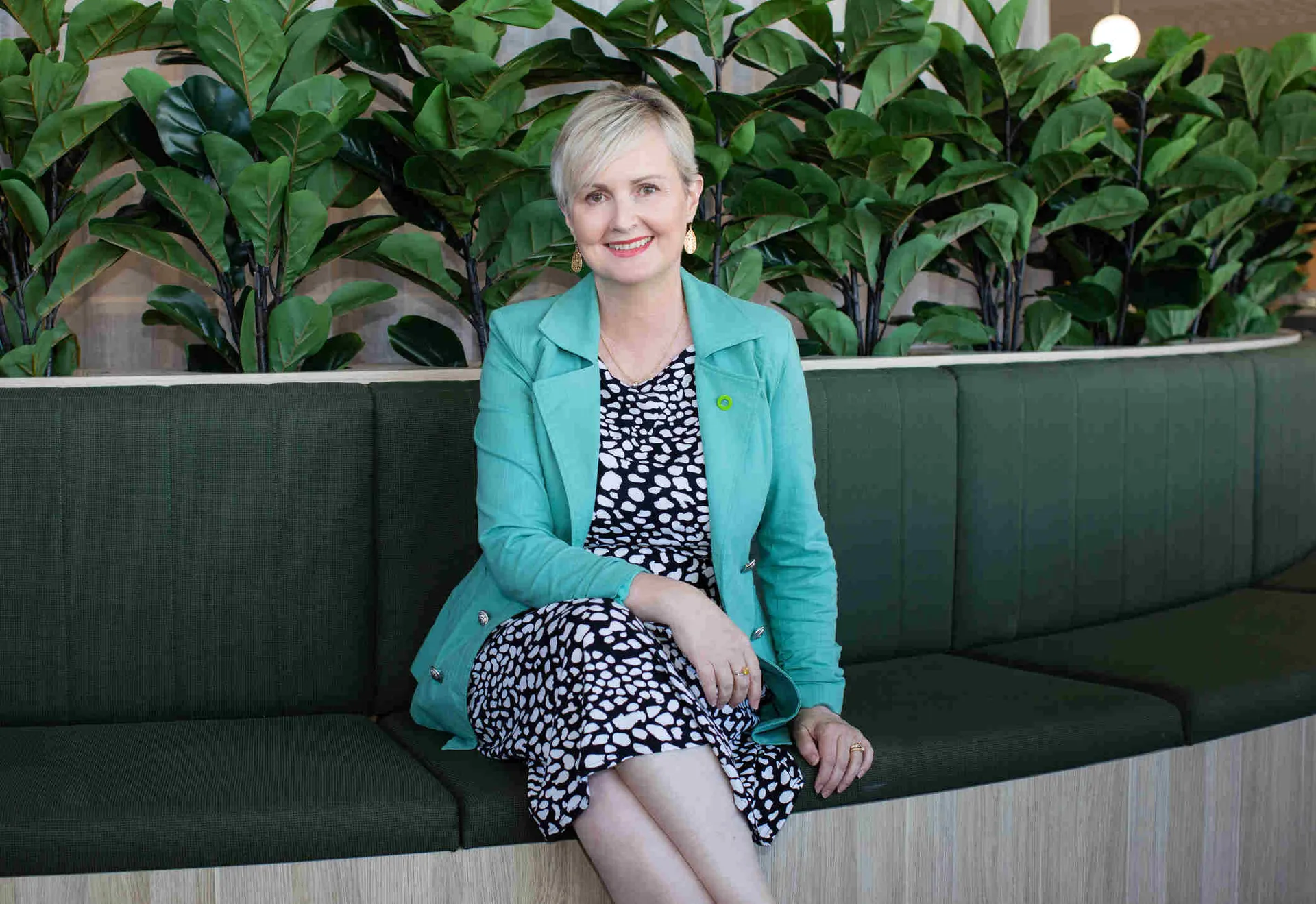
Cleantech Industries
Cleantech Industries president and CEO of Rejuvenate Eco Megyn Carpenter said people are much more aware of sustainability and it is an “enormous opportunity”.
“I believe if businesses don’t embrace sustainability, they will be left behind as people choose to support those that are more aligned with their values,” she said.
“Things are really ramping up with climate risk, climate change, and people are seeing the evidence in their own backyard with flood, fires, rain bombs, drought happening.
“People are really sitting up and taking notice and asking what they can do.”
With the United Nations’ 17 Sustainable Development Goals providing a blueprint for businesses who want to be more eco-friendly, Megyn said, “you don’t have to reinvent the wheel”.
Cleantech Industries on the Sunshine Coast has 60 business members with a community that includes around 1000 people interested in learning more about how to live sustainably and where people can buy local cleantech and sustainable products and services.
Megyn is releasing a book later this year that provides a step by step guide for businesses of all sizes who want to integrate sustainability into their business model.
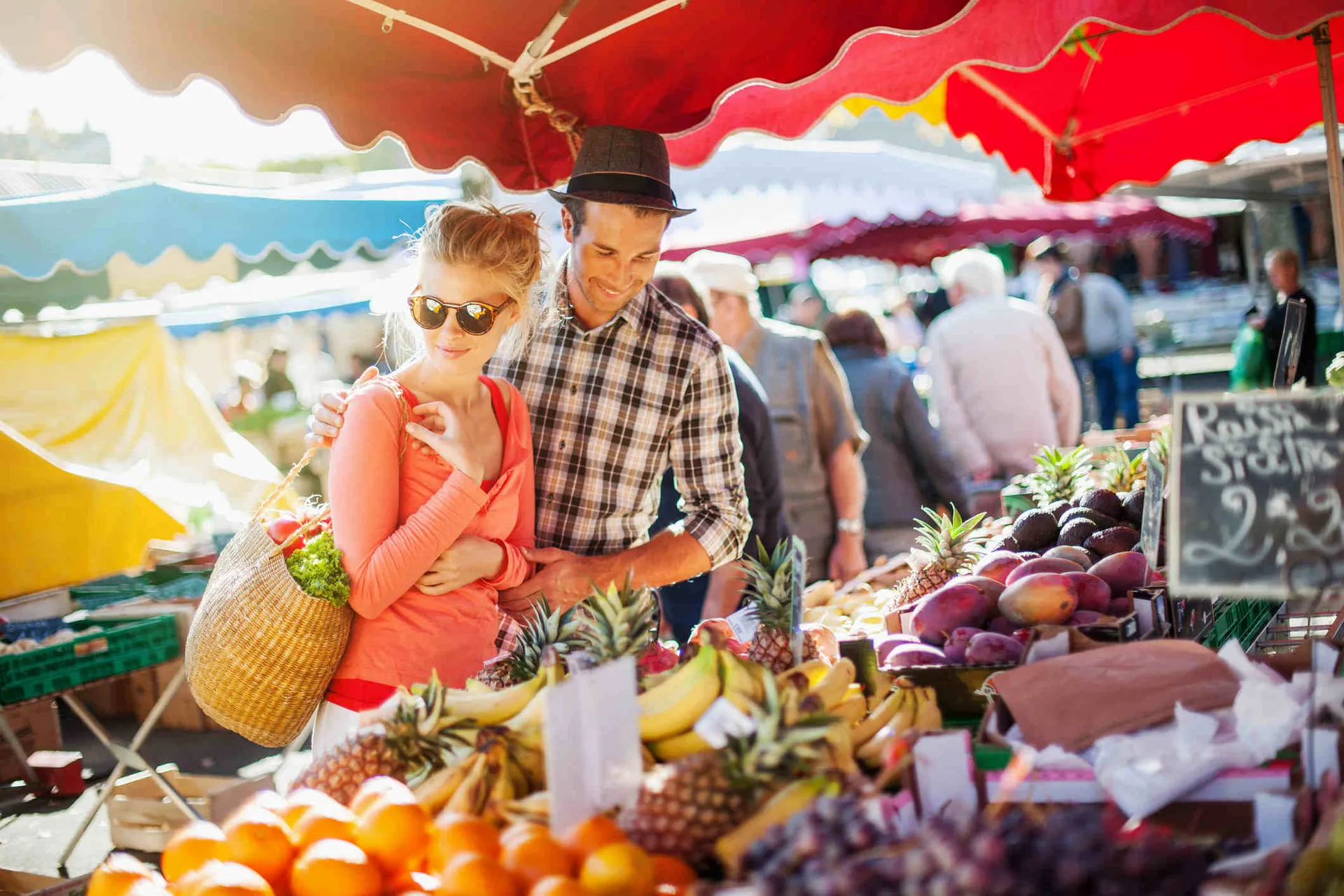
Megyn said for consumers, it was about starting small.
“The key thing is changing your attitude. Once you do that, making sustainable choices becomes part of something that you do,” she said.
“If everybody does something towards sustainability then all of those small actions compound.
“If you choose to buy from farmers markets, choose to clean your house with nontoxic products, use nontoxic products in your beauty routine and reduce your plastic and electricity use as much as possible, it all adds up.
“With the rising cost of living putting pressure on households, sustainability can help you save money because you reduce your resource use, therefore your costs. It just makes sense.”
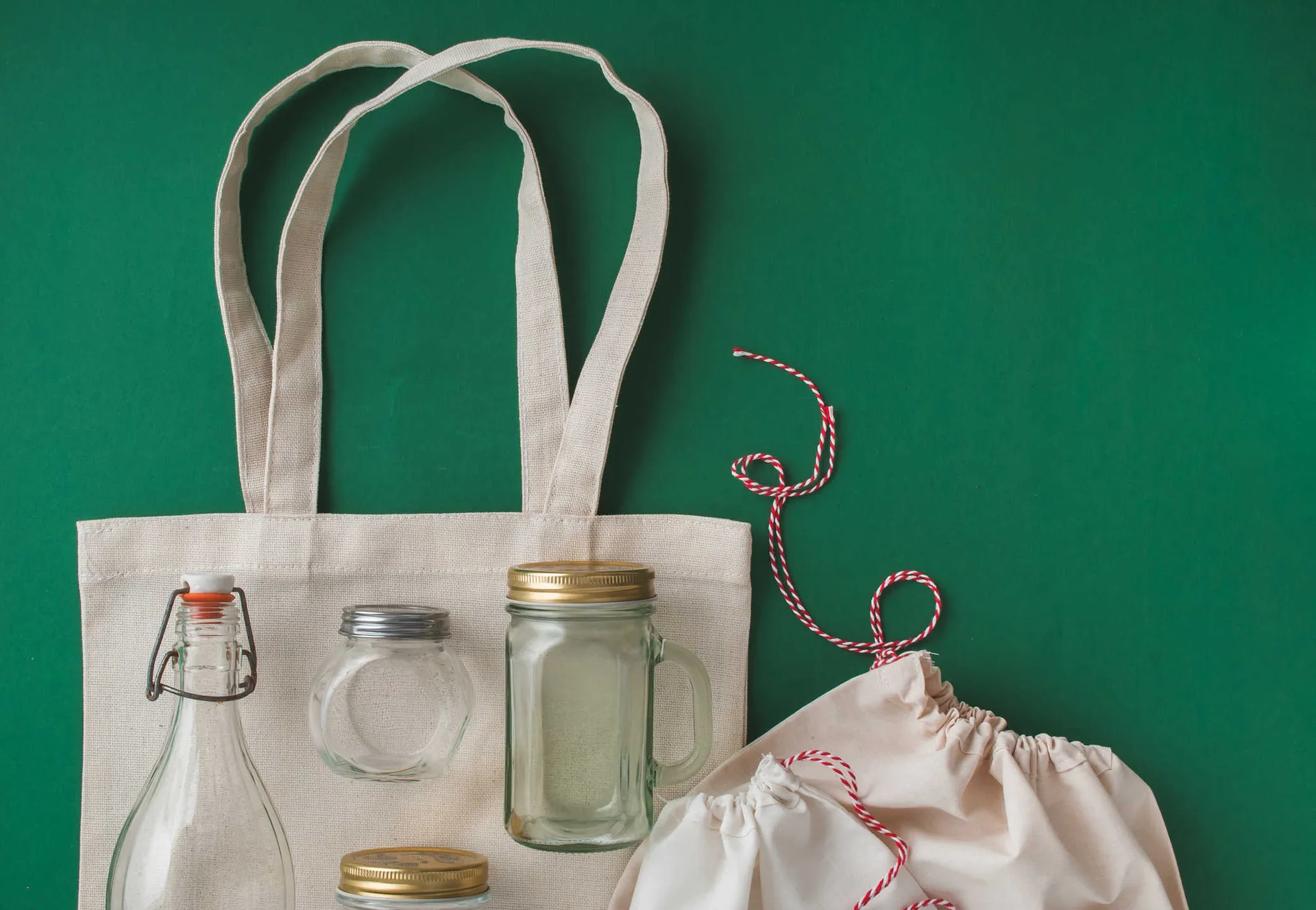
Megyn offered five steps for people and businesses who want to be more sustainable.
- Embrace sustainability and boost your knowledge of what that means.
- Assess what your purchasing habits are and what you can do to change.
- Reach for a goal or two that you set for yourself or your business.
- Transform and start to buy more local, sustainable products and reduce your resource use to reach your goals.
- Harvest the rewards and share your success with friends and family to inspire them to act as well.
For more information: https://www.sunshinecoastnews.com.au/2022/07/07/eco-friendly-businesses/
